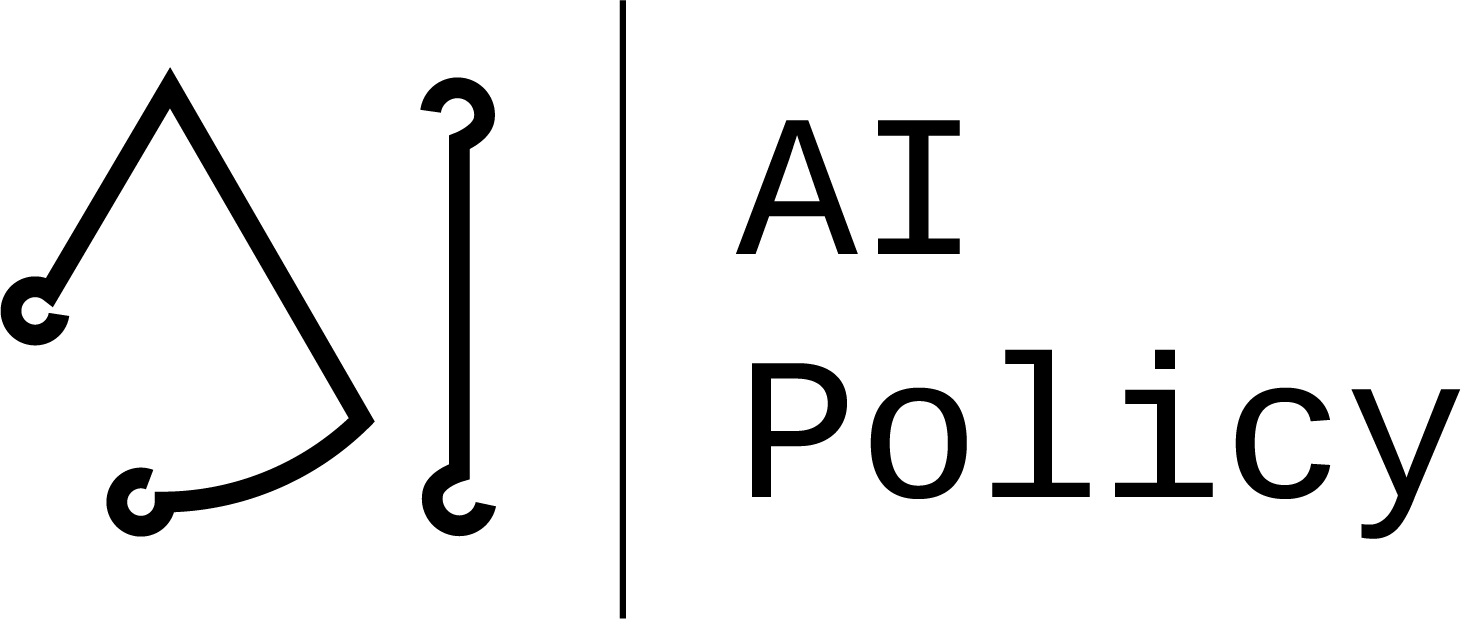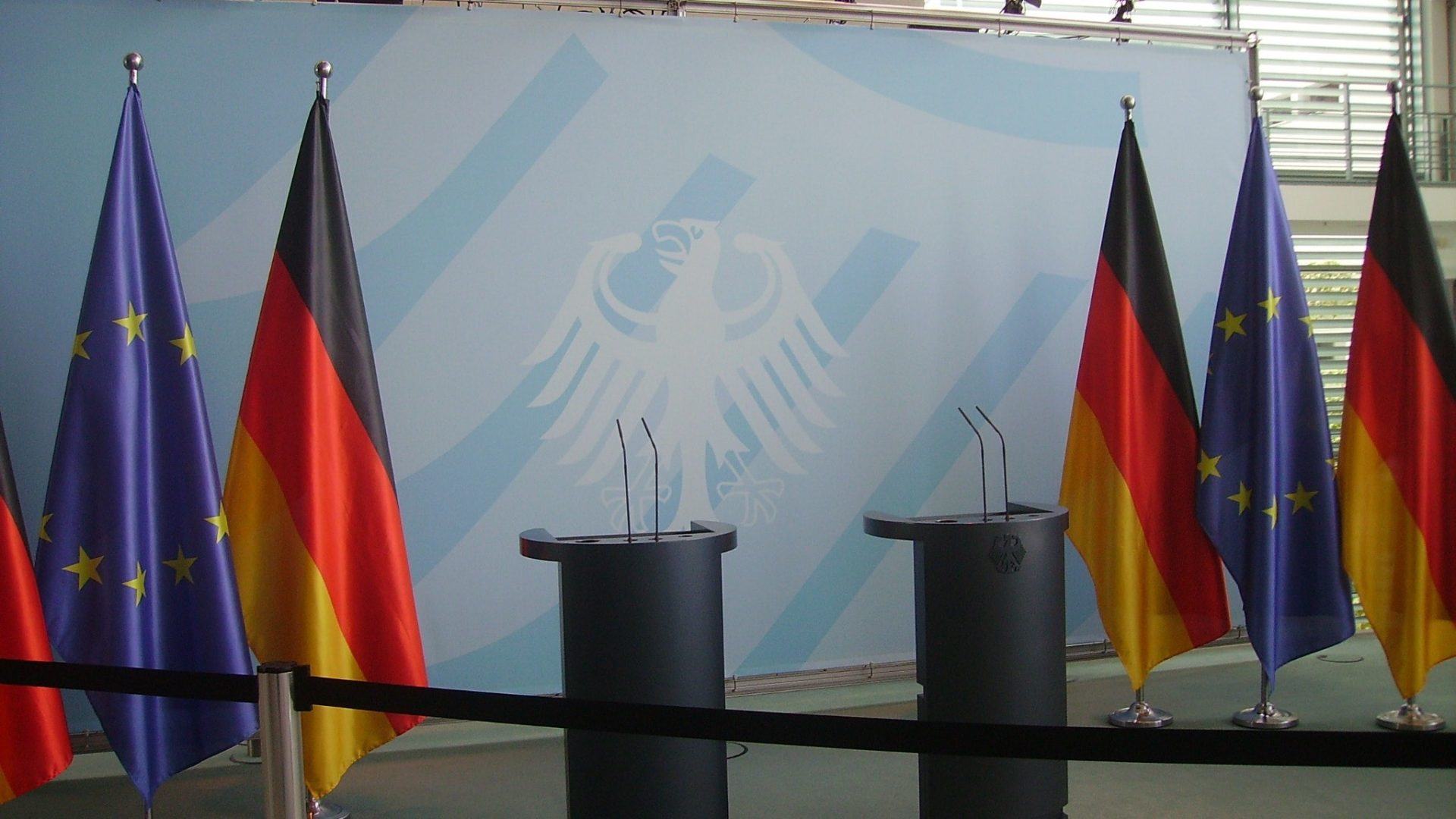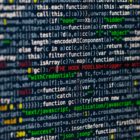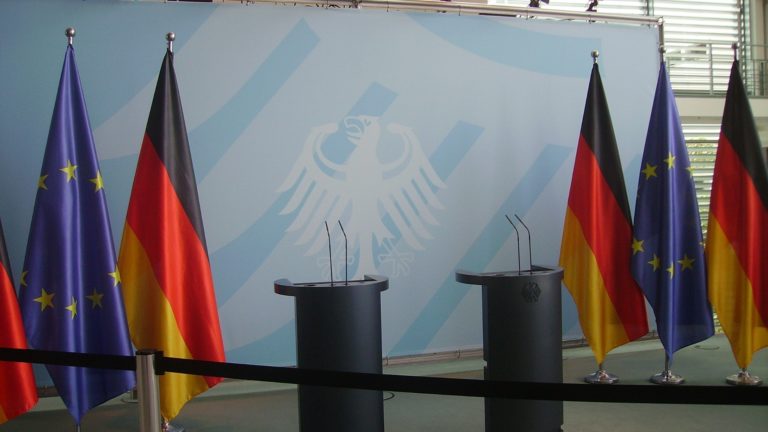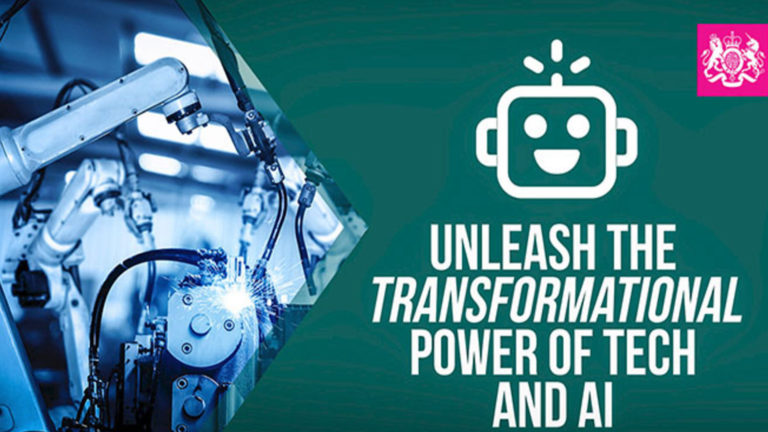May 02, 2022 | Srivats Shankar
The European Parliament adopted the recommendations of the Special Committee on Artificial Intelligence in the Digital Age providing a roadmap until the year 2030 regarding its impact on climate change, healthcare, and labor relations
On May 2, 2022, the European Parliament adopted the recommendations of the Special Committee (“Committee”) on Artificial Intelligence (“AI”) in the Digital Age. The Committee reviewed the impact of AI on human labor, privacy rights, health care, environment, climate change, and global hunger. The recommendations provide a series of guidelines to cooperate with other nations to develop “common standards for the responsible use” of AI while shaping the international discussion around its use, particularly related to its ethical and legal questions.
The Committee acknowledged the enormous potential for AI to improve infrastructure, education, and training, while improving labor productivity and creating opportunities for job development.
However, the committee also highlighted the dangers of AI technology to create pathways for mass surveillance and unlawful interference with fundamental rights. Given this could restrict the rights of individuals, particularly with regard to the right to freedom of movement and freedom of expression. A growing trend to profile people necessitates increasing domestic and democratic protections for individual freedom. Like much of the European Union’s previous work on artificial intelligence, they have advocated for a “human centric” and “trustworthy” approach to the development of AI.
The Committee’s work will support further action by the European Union on artificial intelligence.
The Resolution produced by the Committee in material part, acknowledges the broad impact AI will have on human rights, citing the various international obligations that the member states have acceded to, including those under the International Covenant on Civil and Political Rights, United Nation Declaration of Human Rights, and the various regulations protecting labor rights, cybersecurity, and rights during warfare. Referring to the rise of AI as the “fourth Industrial Revolution” the committee noted that AI should fuel the digital economy rather than for use and manipulation by state and corporate actors. It makes a call to action for developing technological standards and international debate, to create a regulatory environment that provides effective governments and protection of fundamental rights to provide competitive access to digital markets for actors of all sizes and legal certainty for individuals subject of the technology.
